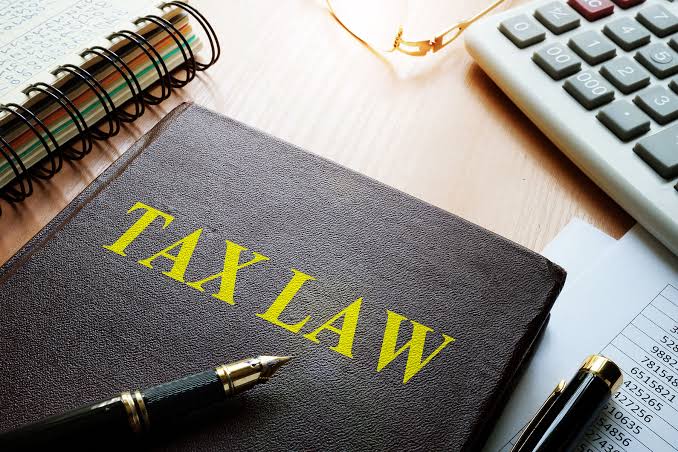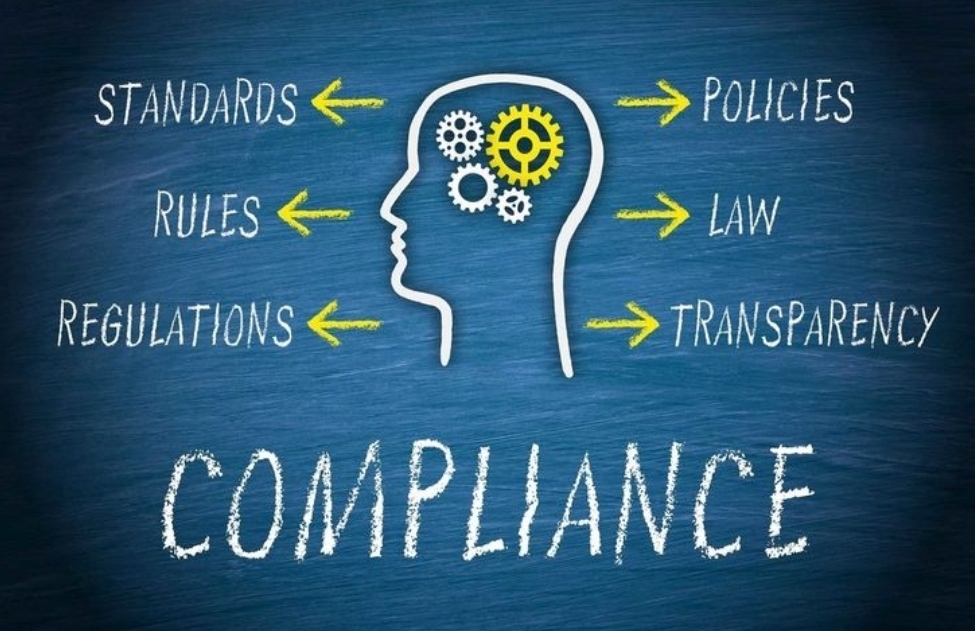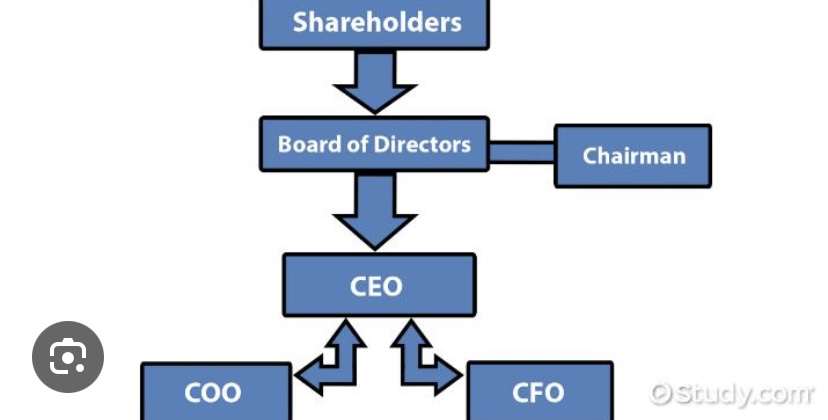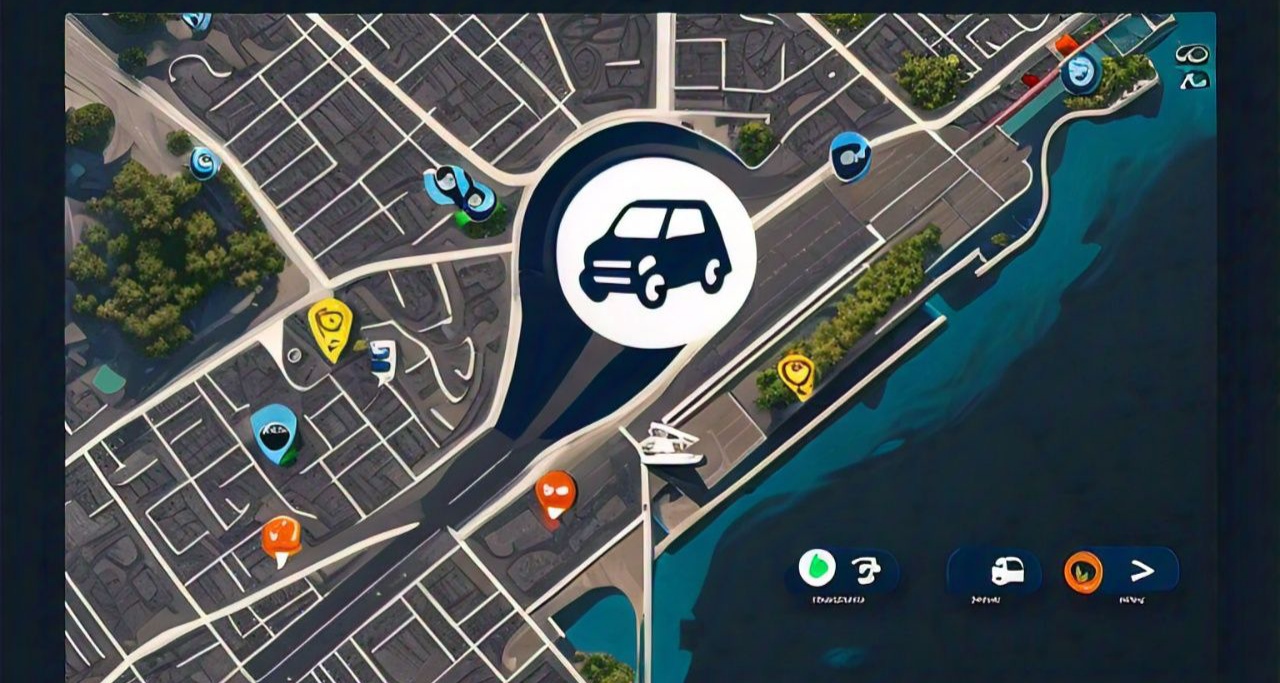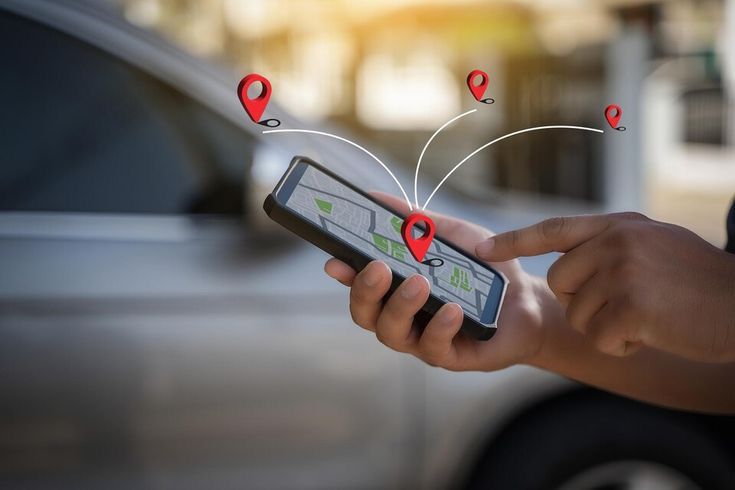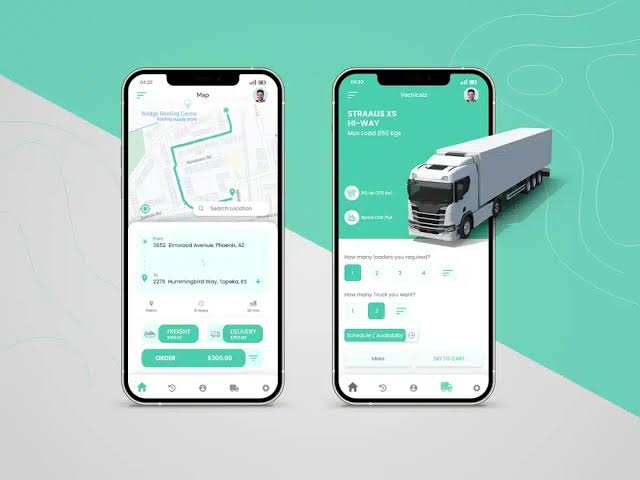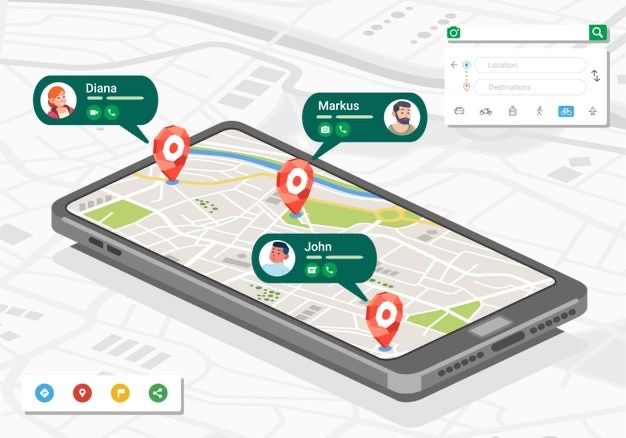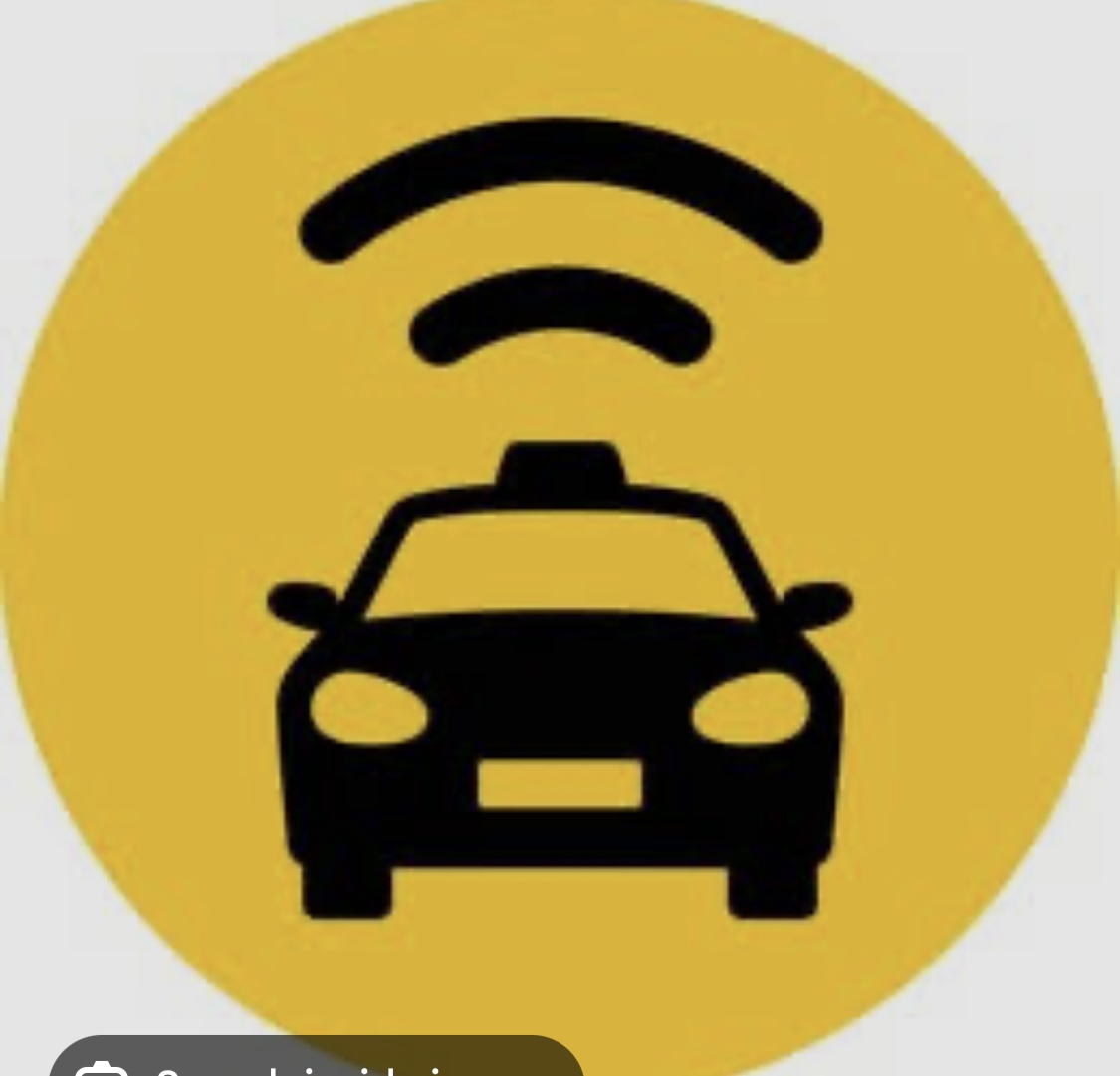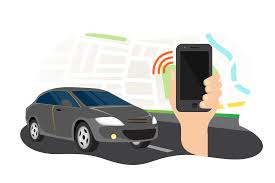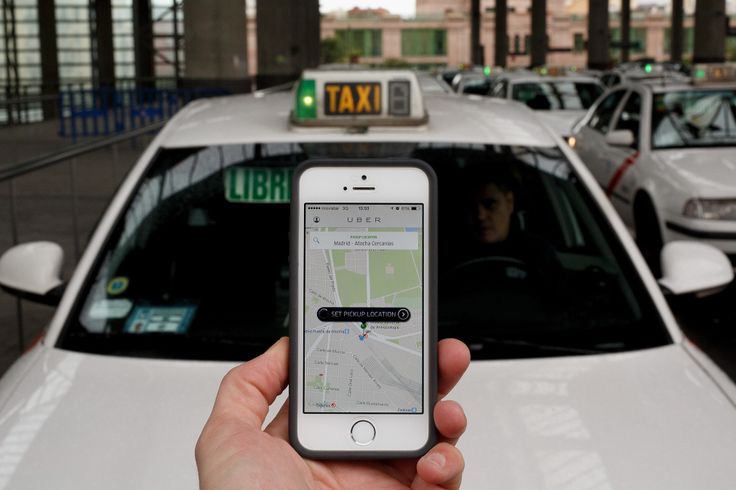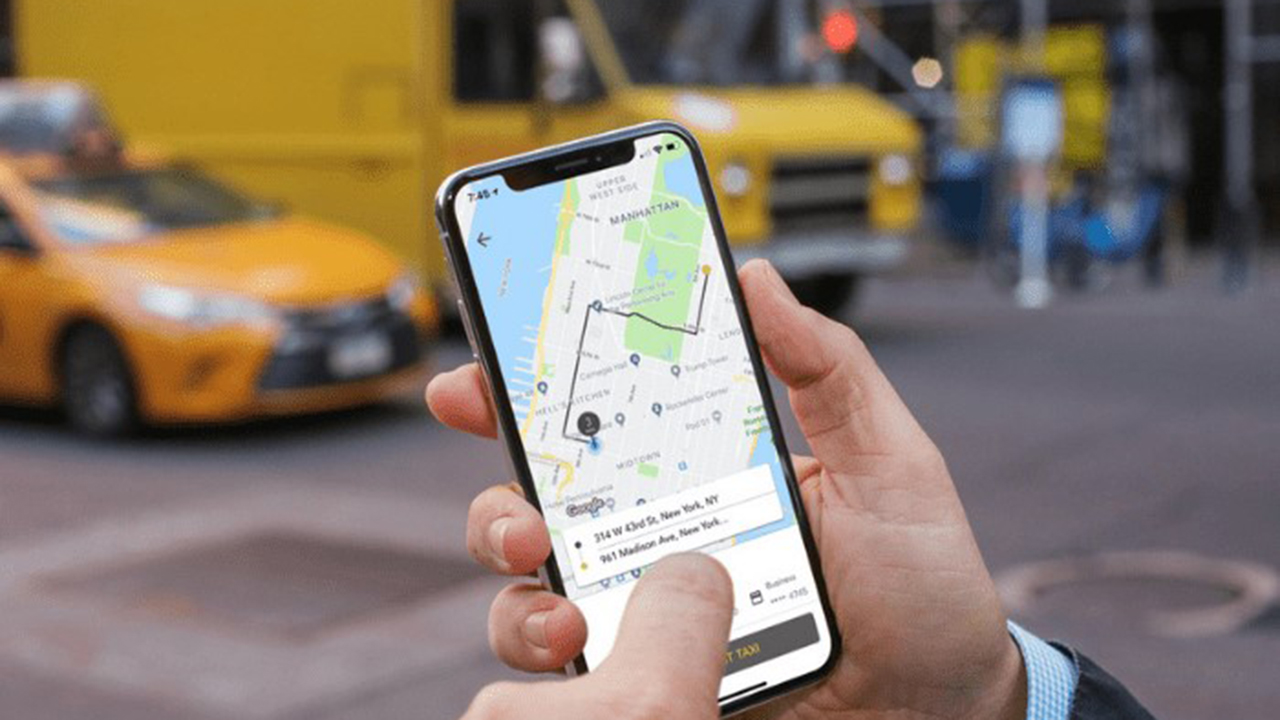
An e-hailing tech start up refers to a platform or transportation network where passengers are digitally connected to the driver of a car to take them to their desired destination. The Corporate Affairs Commission hereinafter referred to as CAC is a body which is tasked with regulating the different business structures in Nigeria and the most suitable structure for an e-hailing tech start up is a limited liability company because of its benefits. A limited liability company prevents individuals from being liable for the company’s financial losses.
Everything in our world is guided by legality in some aspect therefore it cannot be said that an e-hailing tech start up can function without satisfying some legal requirements which shall be discussed. The first legal requirement is that just like any other registered company, an e-hailing tech start up that desires to do business in Nigeria must be registered with the CAC. The process for registering online with the CAC include:
• Availability check and reservation of company name
• Payment of prescribed filing fee
• Duly completed information and document upload
• Payment of stamp duty
• After approval, download of company incorporation certificate
The second legal requirement is the fulfillment of the business’ tax obligations. The tech start up is required to register with tax collection authorities such as Federal Inland Revenue Service (FIRS) and State Inland Revenue Service, therefore, it is vital that the e-hailing tech start up obtains a unique Tax Identification Number (TIN). The third legal requirement is that the tech start up should be registered with National Information Technology Development Agency (NITDA).
Intellectual property has become an integral part of the legal system due to the rapid changes in our world ant the vast production of inventions that require the law to protect their legal interests. An e-hailing tech start up can protect its intellectual property through copyright which proves to be a vital right with regard to mobile their protects the tangible expression of an idea and the e-hailing tech start up protects Source code of the mobile app as literary work, the Graphic User Interface can be protected as a literary work, also, logos and icons can be protected as literary work. Another aspect of intellectual property that provides protection for an e-hailing tech start up is trade mark. Although trademarks cannot protect the technical elements of a mobile app such as source code it enables the mobile app to bear a distinction from other apps giving the mobile app a monopoly over the mark and preventing third parties from using that mark in their own apps. Trade Secret affords the tech start up the opportunity to protect confidential information about their e-hailing business such things include but are not limited to; algorithms, data, analytics and source code.
Operating an e-hailing tech start up in Nigeria does not come without its challenges. The growth and expansion of such a startup may be severely hindered by lack of access to finance. Even though there is constant development and growth relating to technology an e-hailing tech start up may find it hard to convince investors that their start up merits large amounts of monetary investment due to the fact that investors may be cautious of the high risk involved in the event of the failure of the startup. E-hailing tech startups in Nigeria also face the challenge of bad network connections which may cause disruption of communication between the driver and the start up or the driver and the passenger at some points in time. This issue of poor network connection leaves a great negative impact on the customer service of the startup.
When it comes to the necessary licenses required for an e-hailing start up in Nigeria there are some categories which are:
• First Operator’s Provisional License for up to 50 units of cabs or below
• First Operator’s License for 51 and above units of cabs
• Annual Renewal of Provisional License of 50 units of cabs or below
• Annual Renewal Fee for Operator’s Provisional License for 51 and above units of cabs
It is pertinent to note that the operator must start the renewal process three (3) months before the existing license expires. The startup must also ensure that all affiliated drivers possess the necessary documents and licenses such as a valid driver’s license amongst other things.
Conclusively, the paper has provided information on the most suitable business type for an e-hailing tech start up in Nigeria, the legal requirements the startup should comply with, how the startup can protect its intellectual property, potential challenges associated with operating an e-hailing tech startup in Nigeria, and the necessary licenses required to operate an e-hailing service in Nigeria.




